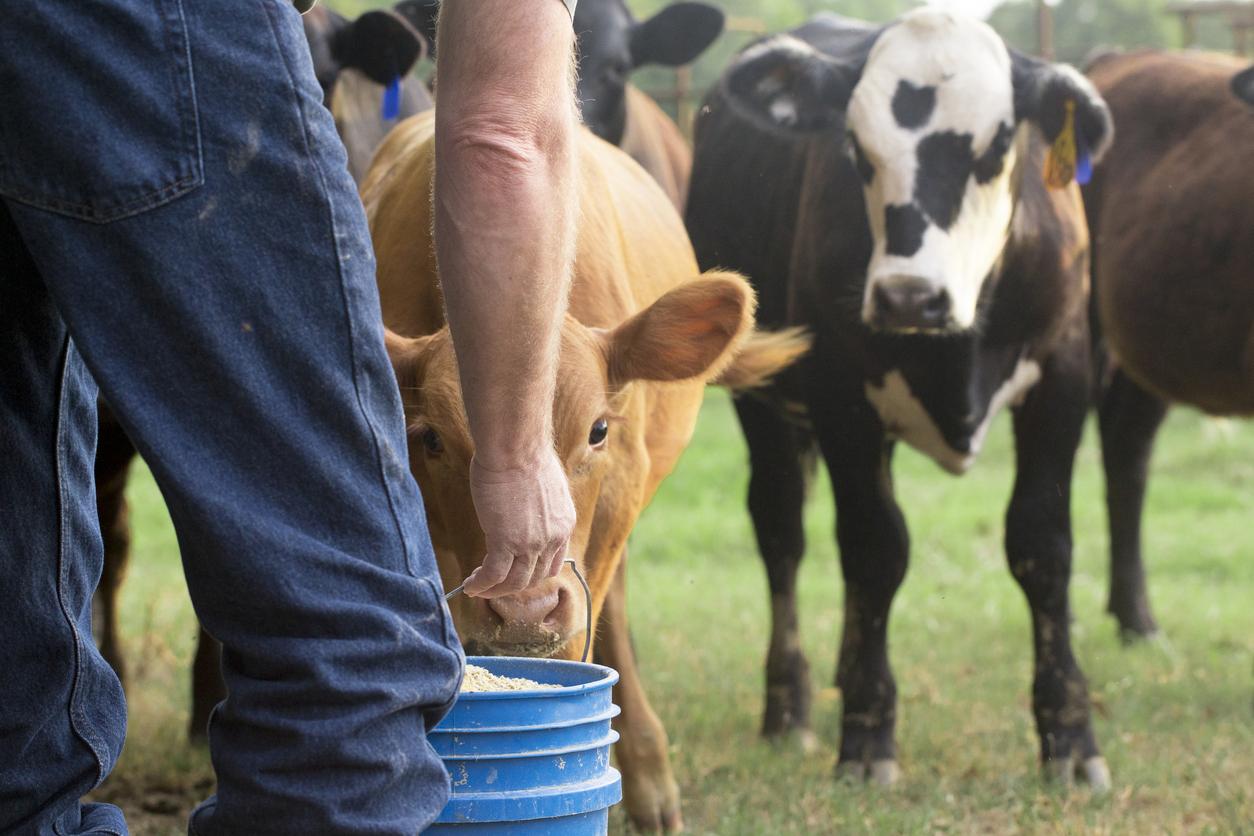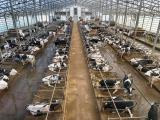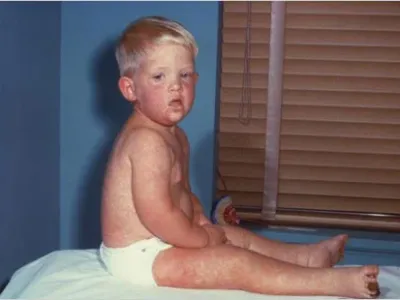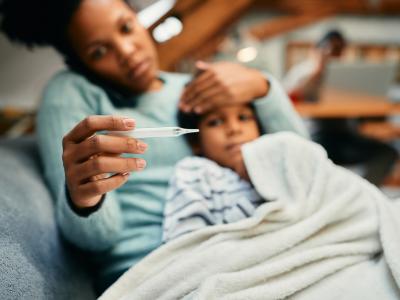After hearing from state partners and the dairy industry, the US Department of Agriculture (USDA) today announced more support for dairy farms, which now includes those that haven't been affected by H5N1 avian flu outbreaks in cattle.
Also today, the USDA Animal and Plant Health Inspection Service (APHIS) reported two more outbreaks in Idaho dairy herds, as well as four that were initially reported by Michigan, raising the national total to 58 farms across nine states.
And in poultry H5N1 developments, APHIS reported five more outbreaks from Minnesota, which includes four commercial turkey farms as well as a layer farm that has 1.36 million birds.
Support for unaffected farms
In a package of new support steps spelled out today, the USDA said it will provide financial support, up to $1,500 per farm, for producers to develop and implement a biosecurity plan. Also, the agency said it will provide $100 for producers to buy and use an in-line sample for their milk system.
Regarding animal testing, the USDA said it would reimburse producers for up to $2,000 in veterinary costs related to collecting samples for H5N1 testing. Costs will be covered from April 29, 2024, the day the federal order went into effect requiring tests for lactating dairy cows before movement between states.
The USDA also said it would help offset the cost of shipping samples to labs for testing, up to $50 per shipment as many as two times per month for each farm. Testing is already provided at no cost.
Compensation for lost milk production
For affected farms, the USDA said it will soon issue a rule that will make funding available from the Emergency Assistance for Livestock, Honey Bees, and Farm-raised Fish Program (ELAP) to compensate eligible producers with H5N1-positive herds.
"USDA anticipates that its forthcoming rule will specify that farmers will receive payments at 90 percent of lost production per cow, for a set period of time retroactive to the date of the confirmation of their positive herd status, starting with the first herd that tested positive in March 2024," it said.
A recent case report on a Michigan outbreak farm estimated that the outbreak has cost the facility $30,000 to $40,000 so far, which includes medical care, labor, loss of milk, and loss of cow pregnancies.





















